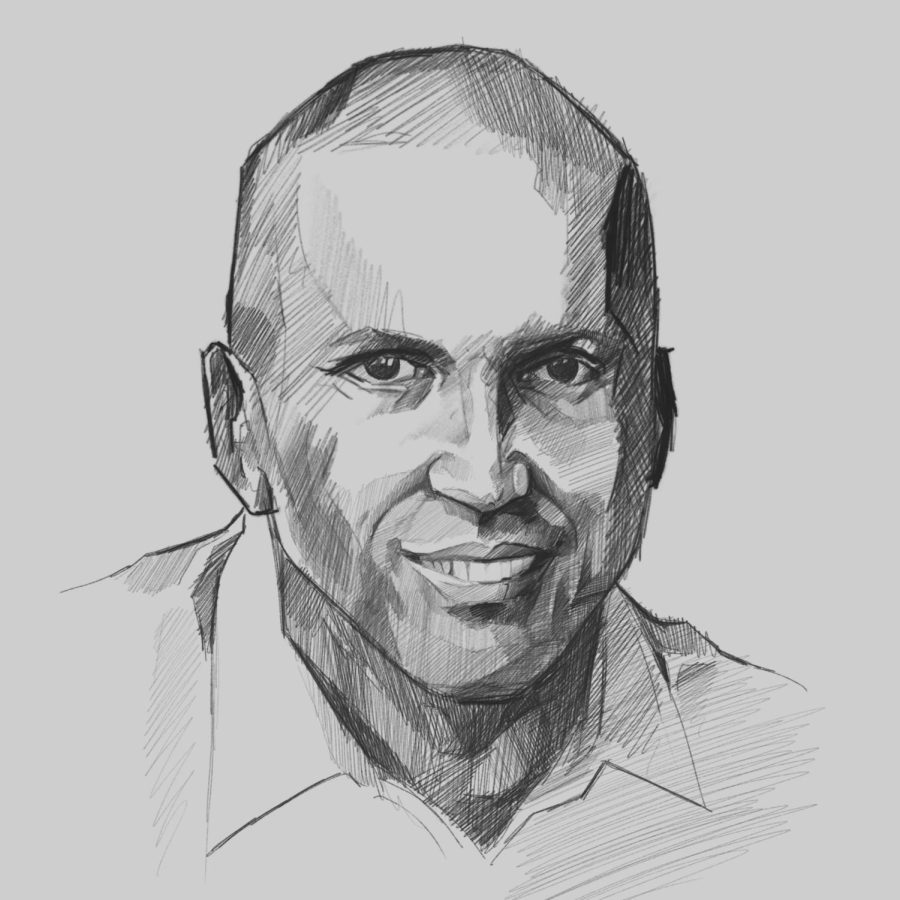Just Mercy: The Story of Justice, Racism, and Hope
February 17, 2023
February is Black History Month, a celebration of the accomplishments of influential Black figures throughout history, from authors to actors and artists. Just Mercy, a memoir by Black author and attorney Bryan Stevenson, tells the story of racial inequality in the United States judicial system through Stevenson’s firsthand experiences in his career.
Just Mercy has received many prestigious awards since its publishing and is currently taught as part of the 10th grade AP Language and Composition curriculum at Minnetonka High School. John Douglass, one of the AP Language and Composition teachers, shared his thoughts on the book.
“It’s really difficult to read Just Mercy and not feel moved by the stories,” he said. “There’s all sorts of side stories that stick with you because they frankly address things that really should not have happened both to individuals at the hands of other individuals, and to individuals at the hands of the structures that are supposed to protect them.”
Douglass noted how the book addresses the complexity of racial conflict. “Stevenson does a really good job as an author of engineering sympathy from the reader for people that we are conditioned [by society] to not give sympathy to,” he stated. The desensitization of the public to issues involving racism poses a serious threat to society.
“One thing that I feel is really important about English classes is how they introduce us to a diverse set of literature,” said Jenny Quan, ‘23. “Prior to reading Just Mercy, I wasn’t very familiar with racial injustice against people of color. The Just Mercy unit allowed me to understand for the first time the impacts of systemic racism and how complex and deeply-rooted the issue is.”
“I think that, by reading books from a diverse set of authors, we learn from understanding different perspectives, becoming more compassionate and broadening our understanding of the world around us,” Quan added.
“It is really important to understand a nuanced view of the world and society that we live in, and any time you are able to expose yourself to experiences that you cannot live yourself…it makes you more informed and a member of the society in which we all exist,” concluded Douglass.






























